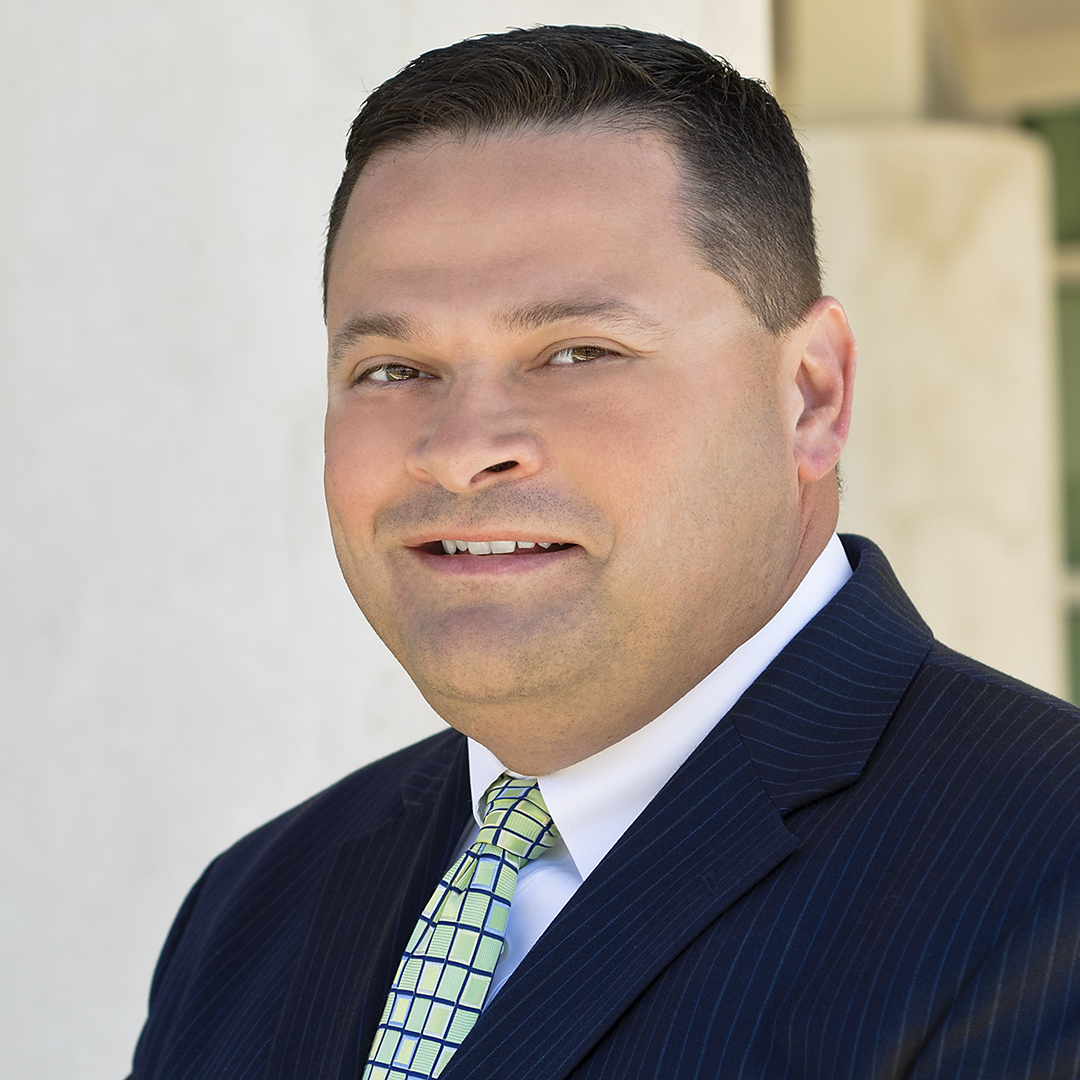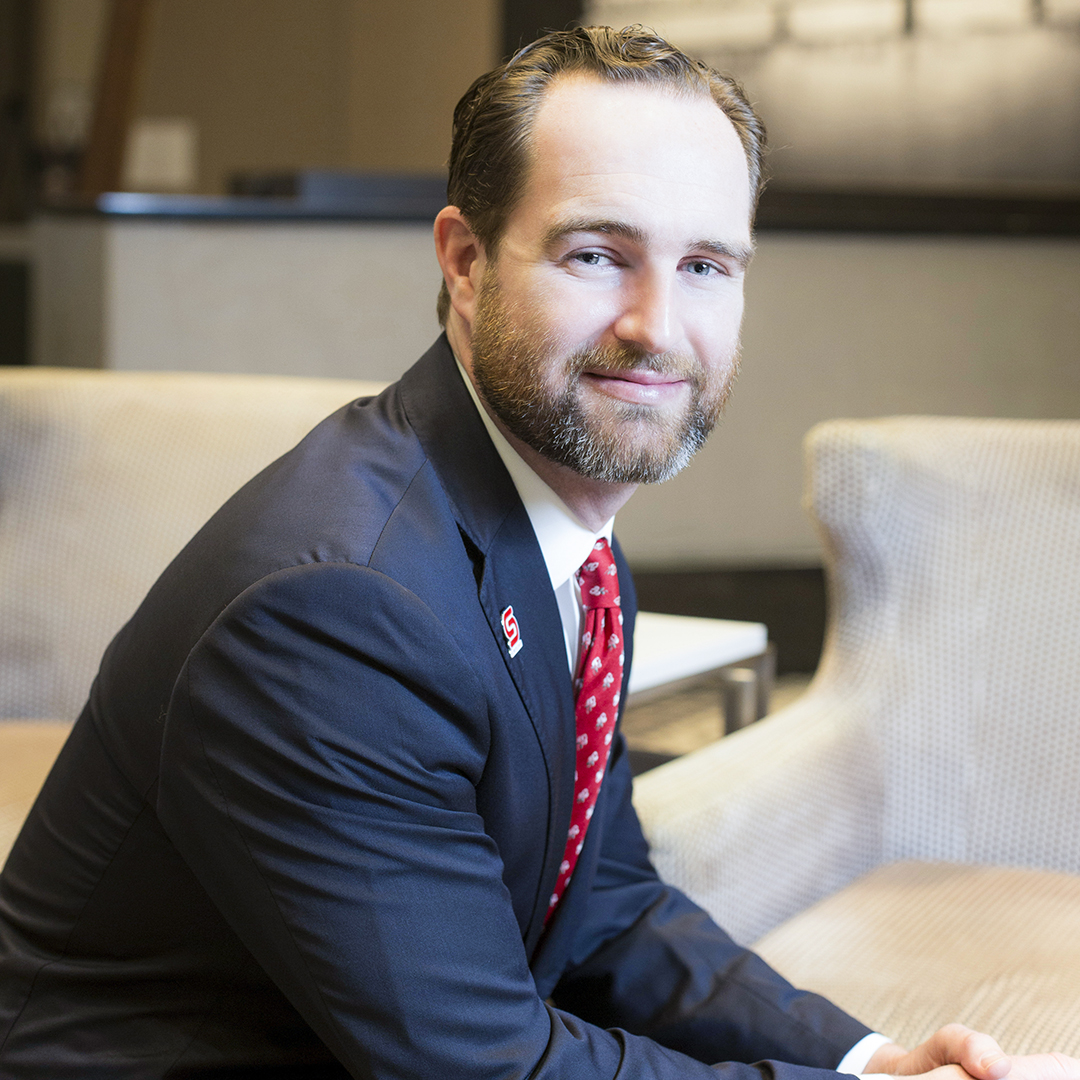The Biology Behind Law
“Ideas don’t come from a vacuum,” Paula Wittmayer says. “They come from people who are in an environment that allows them them to think, experiment, and learn from their mistakes.” The executive director and executive counsel for intellectual property at the biopharmaceutical company, Boehringer Ingelheim, has spent the past thirteen years working to protect her company’s most valuable assets: its ideas.
The lawyer, who also happens to have a PhD in biochemistry, says the law ultimately proved to be the right fit for her science background, something she realized even while in the middle of her PhD. “The law seemed to be a very important lever for influencing research and how it gets done,” Wittmayer says. While collaborating with a local biotech business in conjunction with her doctoral work, Wittmayer became involved in ongoing patent litigation concerning the use of a popular enzyme. “I became curious and wanted to learn more, and that path ultimately lead me to a legal career.”

While jumping from science to law may be a head-scratcher for some, Wittmayer says the two fields have far more in common than most might believe. “Both fields have a strong analytical component, require the studying of trends, and necessitate managing ambiguity, especially when working in areas that are at the forefront of discovery,” Wittmayer explains. “They both require you to develop an overall strategy to solve problems and find solutions.”
At Boehringer Ingelheim, Wittmayer’s team is responsible for the global protection of the company’s intellectual property (IP). “These intangible assets are critical for this company’s success and ability to continue to fund future research in healthcare,” Wittmayer says. “The investment profile with this extensive research and lengthy development timeline demand that we have solid protection of these investments.” Most important, Wittmayer underlines, is that the work her team is doing today must last the test of time: “We have to be acutely mindful of legal trends that may not fully develop for ten or more years. We have to really have an eye as to where the law is going and plan for what it might look like years from now; that’s a skill that takes a lot of focus.”
Conserving the Cutting-Edge
When it comes to the kinds of drugs Boehringer Ingelheim develops, the cause for care is evident. Cancer immunology is an area of therapeutic focus. “We’re invested finding new medicines that harness the power of the body’s own immune system to attack and destroy cancer as opposed to non-targeted killing of cells that occur in chemotherapy or radiation treatment,” Wittmayer says. “In legal, we think about the way our research teams and medical teams think about how they can treat disease, which helps us focus our energies on areas with the greatest value.” Capturing those new approaches with appropriate and sustainable IP protections allows the company to move new solutions forward for patient care.
“In all of this, it’s so important not to lose sight of the importance of innovation,” Wittmayer says. “The current climate has been particularly challenging with political discord and uncertainty, and we need to ensure that we have a balanced approach that appropriately incentivizes and continues the investment in innovation.” Wittmayer says that it’s essential to work with the company’s government affairs group to work to shape law and regulations that help propel innovation.
“It’s so important not to lose sight of the importance of innovation.”
Molding the Makers
Within her own team, Wittmayer says she derives a tremendous amount of satisfaction in personal development and matching skill sets to problems. “Each person’s aspirations and goals are different, and I focus on finding opportunities to match that talent and aspiration so that it can help support the business and advance those priorities,” Wittmayer says. “I encourage people to take on new challenges and operate outside of their comfort zones.”
The lawyer says similar encouragement was given to her early on in her in-house career, and that as a young lawyer, she was tasked with speaking with the CEO regularly and operating on a global scale in assignments where she had little expertise. The trust placed in the young lawyer motivated her to grow and develop at a rapid pace. “When I see people with talent, I like to take that extra step and give them the nudge they need,” Wittmayer says.
When it comes to her work at at Boehringer Ingelheim, Wittmayer says there’s a very simple idea that drives her forward. “I am mindful that whatever we’re working on today could be the medicine that either me or my loved ones need fifteen years from now,” Wittmayer says. After her husband experienced a health scare of his own, Wittmayer said it made her mission all the more compelling, and she realized that the right people being in the right place at the right time can make all the difference. “I challenge myself and use that to drive us toward fulfilling our core priority: bringing medicine to market.”


